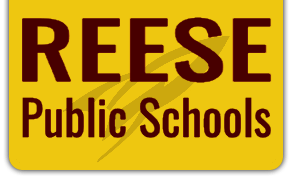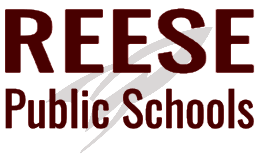SERIES 2000: BYLAWS
2300 Board Member Conduct
2302 Board Code of Ethics
Each Board member has a fiduciary duty to act in the District’s best interests and to faithfully discharge the office of a Board member in compliance with applicable law and Policy to the best of that person’s ability.
A. Each Board member will:
- remember that a Board member’s primary concern must be the educational welfare of students attending the District’s schools;
- regularly attend Board meetings and be informed about issues to be considered at those meetings;
- make decisions only after consideration at legally held Board meetings;
- focus on governance, not management, taking care to distinguish the Board’s responsibility to focus on the District’s mission, values, vision, policy development, strategic planning, and budgeting from the administration’s responsibility for implementation of Policies and goals, routine operational decisions, and administration of daily operations;
- employ or contract with and retain those persons best qualified to serve as District employees and insist on a regular and impartial evaluation of all employees in compliance with applicable law;
- render all decisions based on an objective evaluation of available information, exercising independent judgment;
- encourage constructive dialogue among Board members and among the Board and students, staff, parents/guardians, and the school community;
- learn about current educational issues by individual study and through participation in seminars and programs, such as those sponsored by the Michigan Association of School Boards and the National School Boards Association;
- work constructively and collaboratively with other Board members to establish effective Policies and procedures;
- work constructively and collaboratively with the Superintendent, staff members, students, parents, and community stakeholders;
- recognize the Superintendent as the District’s chief executive officer;
- refer complaints to the Superintendent (other than those involving the Superintendent), designee, or designated administrator(s), as appropriate (see Policies 4101, 4102, 4013, and 4104);
- safeguard confidential information, including social security numbers, criminal history record information, information pertaining to unprofessional conduct checks, and personally identifiable student information under the Family Educational Rights and Privacy Act (FERPA) and Revised School Code Section 1136;
- avoid an actual or perceived conflict of interest;
- comply with the Open Meetings Act;
- be mindful of a Board member’s fiduciary obligations to the District, including duties of loyalty and care, placing the District’s interests above a Board member’s personal interests; and
- use District employee resources, property, and funds judiciously and solely in accordance with prescribed constitutional, statutory, and regulatory procedures and not for personal gain or benefit.
B. A Board member will not:
- represent the Board member’s personal opinions as those of the Board;
- act in isolation, operating as if a “Board-of-one”;
- disrupt or impede the established District administrative structure;
- use the Board position for actual or perceived personal or political gain;
- discuss confidential Board business except as authorized by law;
- disclose closed session deliberations or proceedings other than as permitted by law; or
- refer a student for an abortion or assist a student in obtaining an abortion. This prohibition does not apply to a Board member who is the parent or legal guardian of that student.
C. Violations of the Board Code of Ethics will be handled in compliance with Policy 2303.
Legal Authority: 20 USC 1232g; 34 CFR Part 99; Const 1963, art 11, §1; MCL 15.261 et seq., 15.341 et seq.; MCL 168.310(1); MCL 380.11a, 380.601a, 380.1136; MCL 388.1766
Date adopted: 08/09/2021
Date revised:


